Is your family of the “Leave It to Beaver” variety — opposite-gender parents, the first marriage for each, one or more kids, all healthy and thriving? If so, your estate plan will probably be pretty straightforward. But if not, it's not as simple and you have a lot of company.
The percentage of married households in the United States fell from 55 percent in 1990 to 48 percent in 2010. Perhaps this number will begin to rise again with same-sex couples getting married. About 40 percent of all marriages end in divorce. Three quarters of people who divorce remarry — accounting for a pretty large proportion of the 48 percent of American households that are married.
Nearly 1.5 million babies a year are born to unmarried women, more than a third of all births. This can complicate matters, especially when the father is not identified or, in the case of donated sperm, does not exist. It also can mean a greater need for planning when there is no obvious back-up parent if something happens to the mother.
If you are in a relationship, but
not married, been married more than once, have children by more than one partner, or have beneficiaries who cannot manage funds for one reason or another, then it’s more important that you do estate planning.
Here are a few tips to consider:
- Give Your Partner Rights. There are laws in place empowering spouses and governing the distribution of property in the event of death. Most intestacy statutes provide that property will pass to spouses and children, or to parents if someone dies without a spouse or children. But no laws protect unmarried partners or unadopted children. There have been many cases of parents pushing aside the same-sex partners of their children upon death or incapacity. We can all use
wills,
trusts, durable powers of attorney, and
medical directives, to choose who should step in for us when needed and who should receive our property.
- But Don’t Give the New Spouse Too Many Rights. All too often, despite the best of intentions and good will, when parents remarry the new family doesn’t bond. The children from prior marriages or relationships don’t become friends with one another or with the new spouse of their father or mother. Frequently, the death of one spouse means that all of the assets of both families end up with the surviving spouse and ultimately pass to his or her children and grandchildren. Frank discussions about what the new couple wants and planning to make sure it plays out as planned can prevent a lot of misunderstanding and resentment. Again, wills, trusts, durable powers of attorney and medical directives can permit the new couple to choose the outcome they prefer, rather than just let life (and death) happen and the chips fall where they may.
- Don’t Be Afraid to Talk Pre-Nup. While most people entering a first marriage have no children and few assets, this is not the case with a second or third marriage. Before getting married again, the couple needs to talk about what they have in mind in terms of mutual financial support of one another and of their children from prior marriages and relationships. Then they need to put their understanding in writing so that down the road there are no misunderstandings or different memories of what they agreed. If memorialized in a prenuptial agreement, it will also be legally enforceable. If circumstances change, the couple can always modify their agreement.
- Use Trusts. Wills are generally straight forward and blunt instruments. When you pass away, your property passes to the people you name. Wills do not easily permit more flexible planning. For instance, you may want to permit your new spouse to live in your home for as long as he wants, but for it to ultimately pass to your children and grandchildren. A trust permits you to plan for this scenario, giving your spouse rights, but someone else — the trustee — the power to manage the property and protect it for the next generation. Or a couple could pool all of their resources in a single joint trust for their benefit during their lives, with the funds remaining after they have both passed away to be distributed equally to the children they each bring to the new relationship or marriage.
- Goals First, Planning Second. No planning can take place in a vacuum or based on assumptions without asking questions. Anyone considering planning for themselves and for loved ones, whether in a traditional or non-traditional relationship, needs to start by listing his or her goals. Is the primary concern providing for his or herself? Leaving an inheritance to children? Protecting a spouse or partner? Or a pet? Making sure children are independent, but have a safety net if necessary? Of course, most of us don’t have just one goal, but we should start by writing them all down. Then we can see if it’s possible to achieve all of them, or if we need to prioritize. Ultimately, the estate plan should reflect these goals and priorities. While this is true of anyone doing estate planning, it is more important the more family and non-family bonds one has because the plan will have to balance and prioritize more interests.
The bottom line is that our laws for distribution of property and rights in the event of incapacity are based on a vision of a marriage between one woman and one man with one or more children. However standard this ever was in reality, it is much less the norm today, almost certainly applying to fewer than half of American adults. For those who don’t fit the one nuclear family mold, planning is both more important and more interesting. Don’t put it off.
If you have any questions about estate planning or would like to consult an estate planning professional to help you determine the estate plan that is right for you and your loved ones, give us a call. We can make sure you have a comprehensive plan that is tailored to your unique needs and goals.


